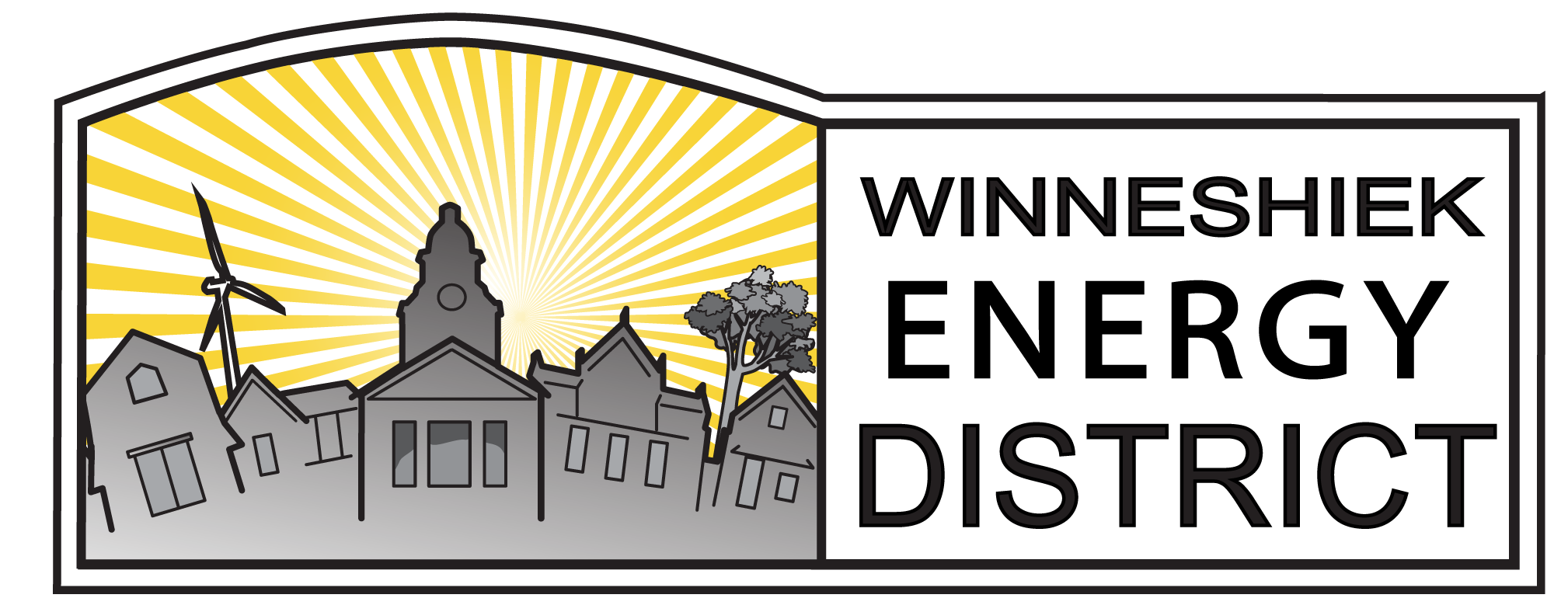In Defense of Net Metering (Continued!)
Andy Johnson, Executive Director
In March, the Iowa Legislature passed SF 583, meant to codify net metering and support customer-owned solar in Iowa for years to come. In July, Alliant and MidAmerican submitted tariffs to the Iowa Utilities Board that did not conform to the letter and spirit of the law. WED and others objected, the Board has now docketed the tariffs and we are submitting extensive testimony on key issues.
We reviewed the tariffs submitted by Alliant and MidAmerican, and our objections to them, in our July article “Iowa’s Net Metering Saga Continues”. We summarized our objections as
- Alliant is trying to claim the environmental attributes, or RECs, of customer’s net-metered solar production, without compensation
- Alliant’s definition of their net-metering cap will artificially limit many customers’ ability to net-meter their annual usage, especially new accounts and new construction
- Language regarding electric vehicle charging restrictions could prevent businesses with solar from offering vehicle charging to their customers or employees.
In late July, the Board issued an order docketing and suspending the Alliant and MidAmerican tariffs. On October 6th, the Board issued an Order Requiring Additional Information. This order asked the utilities and other interested parties to reply to a series of questions raised by the objections, plus additional issues raised by the Board.
One issue the Board raised was the potential for meter aggregation, and we covered this extensively – along with other issues – in WED’s Response Comments. Because meter aggregation would be so empowering to communities, we also worked together with Luther College’s Center for Sustainable Communities to reach out to cities and counties around eastern Iowa about the opportunity to submit comments on meter aggregation, renewable energy credits, and other issues.
The response was strong. The cities of Cresco, Everly, Marquette, Central City, Oelwein, and Fairfield, along with Johnson County and the Linn Clean Energy District, submitted comments in the Alliant docket. The comments emphasize the tremendous opportunity for local investment and self-reliance represented by solar projects owned by local governments, for the benefit of their citizenry.
Alliant’s initial comments in response to the Board’s question contained a little progress. The company appeared willing to adjust its approach to defining the net metering size cap, and to agree that all ownership structures (including third party) were eligible. They continued, however, to lay claim to the renewable energy credits for customer-owned net metered energy, to resist meter aggregation, and to suggest that solar owning customers such as employers or local governments could be restricted from offering EV charging to their employees or the public.
WED submitted Reply Comments on October 21, in response to Alliant’s. Here, we continued our focus on the non-negotiable rights of solar owners to the environmental attributes (renewable energy credits) of their solar production, and on the tremendous opportunity provided by meter aggregation. Partners such as the Iowa Environmental Council and the Iowa 80 Truckstop also covered some of these issues, and provided extensive testimony around the EV charging issue.
Now, the Utilities Board and staff will be reviewing the comments submitted by all parties, and determining a course of action. This could include presenting further questions to the utilities and other parties, scheduling a technical conference, or other steps.
We’ve been defending net metering for years, with your help and involvement, and we’ll continue to do so. The policy is fundamental to the clean energy prosperity we’ve already seen through investment of roughly $18 million in over 350 locally-owned solar systems in Winneshiek County. This investment, and the climate stewardship is supports, can continue for generations with the appropriate tools to invest in ourselves and our communities.
